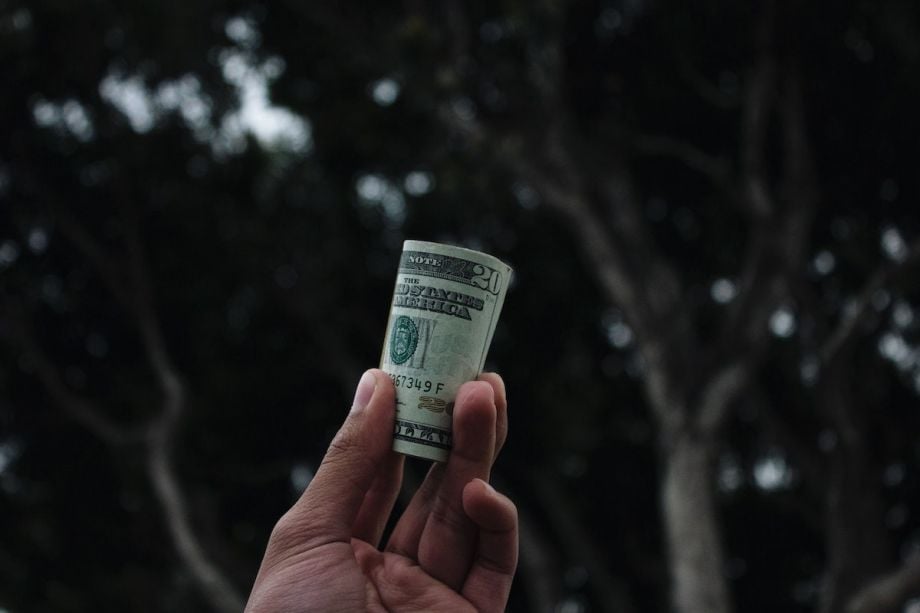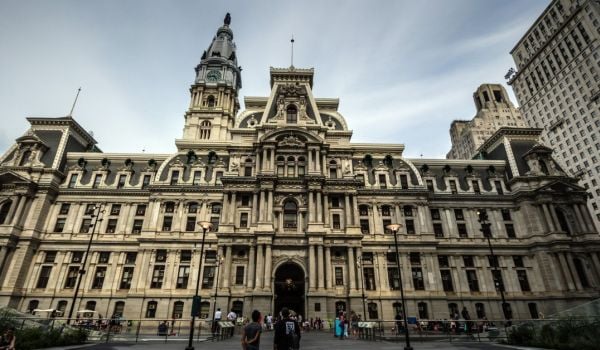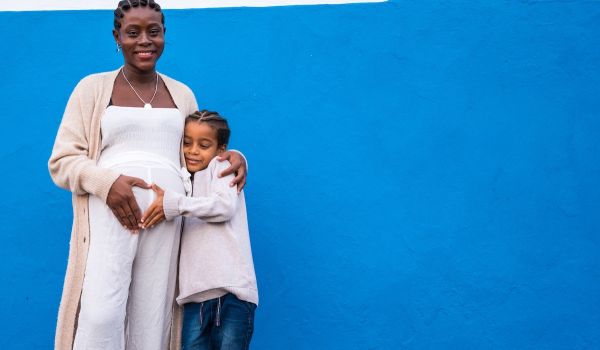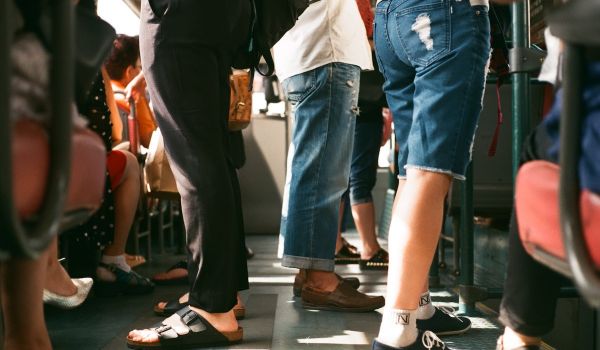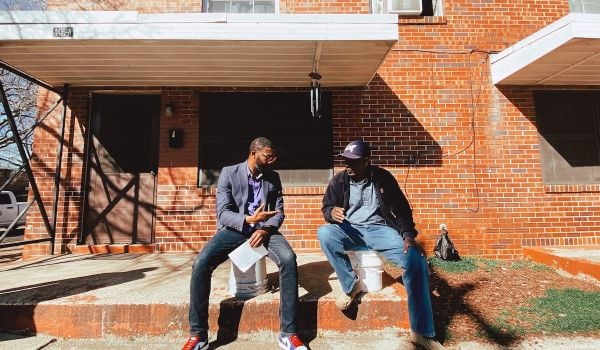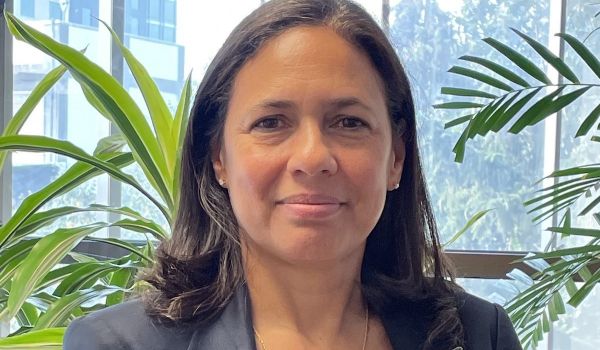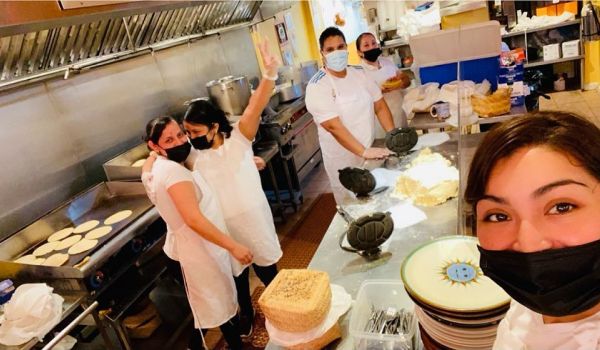The Philadelphia Housing Development Corporation (PHDC) and City of Philadelphia are touting the success of PHLHousing Plus, a guaranteed income program focused on alleviating housing costs for renters.
“Because of rising costs for basic needs, persons can often be at risk of housing insecurity,” said David Thomas, CEO of PHDC, in a statement. “This extra income can help them bridge the gap in their finances to create more room in their budget to make better choices for them and their families.”
In 2018, 54% of rental households in Philadelphia were cost-burdened, meaning they spent more than 30% of their income on housing, according to Pew.
PHLHousing Plus, which was launched in partnership with the University of Pennsylvania and Philadelphia Housing Authority (PHA), started in July 2022 and counts 300 renter households among its participants.
The households were randomly selected from PHA’s Housing Choice Voucher and public housing waitlists, according to the program page. And funding for the program comes from a handful of public and philanthropic sources, including the Neighborhood Preservation Initiative bond proceeds, Housing Trust Fund, Pennsylvania Housing Finance Agency, William Penn Foundation, Spring Point Partners LLC and the Stoneleigh Foundation.
Funds that the households receive, which are loaded onto a prepaid debit card, are unrestricted and unconditional.
Rachel Mulbry, PHDC’s housing programs manager, told KYW Newsradio that the average monthly payment varies from household to household, depending on their needs. That need is determined by calculating what a household can afford to pay for housing and actual housing costs. “The average is around $890 a month. We have households who are receiving as little as $150 a month and households who are receiving upwards of $1,500 a month,” Mulbry said.
Program participants cannot earn more than 50% of area median income when they enroll and must have a child 15 years old or younger in the household.
“As a single mother of five children, this program is very beneficial,” said T. Harrington, PHLHousing Plus recipient, in a press release. “These funds have taken the stress level down and making household decisions has become a lot easier.”
This is not Philly’s only guaranteed income pilot. Early last year, the city announced another program that would provide 60 people with $500 a month for one year. And guaranteed income pilots have been cropping up all over the United States. Oakland, California, which is giving 600 low-income families $500 a month for 18 months, New Orleans, with its 10-month program that provides $350 monthly to 125 young people between 16 and 24 year olds, and Minneapolis, where the city has been providing 200 families with $500 a month, are just a few examples. In some cases, pilots have become policy.
The PHLHousing Plus program builds on a rental assistance program that the city of Philadelphia started in the earlier days of the COVID-19 pandemic. Over the course of 30 months, the program disbursed $297 million to help 46,300 at-risk households, as of November 2022, according to PHDC.
As PHLHousing Plus continues, research partners at the University of Pennsylvania are gathering information about program participants’ experiences through surveys and interviews. The researcher will also survey an additional 900 households from PHA waitlists and compare the experiences of both groups. The hope is that the findings add to ongoing dialogue about rental and direct cash assistance in the U.S.
“I’m incredibly grateful for the opportunity to lead this program and excited to help change the narrative around what the human right to housing looks like in Philadelphia,” Mulbry tweeted.
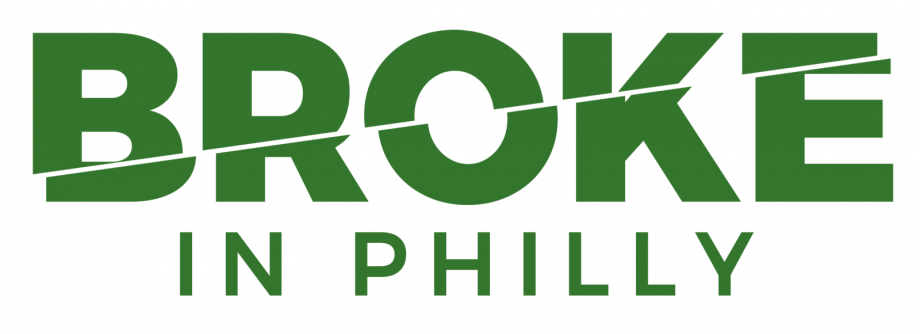
Next City is one of more than 20 news organizations producing Broke in Philly, a collaborative reporting project on solutions to poverty and the city’s push towards economic mobility. Follow us at @BrokeInPhilly.

Deonna Anderson is Next City's editorial director. An award-winning journalist, she has served as a senior editor at GreenBiz and worked with YES! Magazine, KLCC (an NPR affiliate station in Eugene, Oregon), The Lily, Atmos and other media outlets. Anderson is an alumna of the University of California, Davis and the Craig Newmark Graduate School of Journalism at CUNY. She lives in the Bay Area. She was also Next City's 2017-2018 Equitable Cities Reporting Fellow. Follow her on Twitter @iamDEONNA.
Follow Deonna .(JavaScript must be enabled to view this email address)

